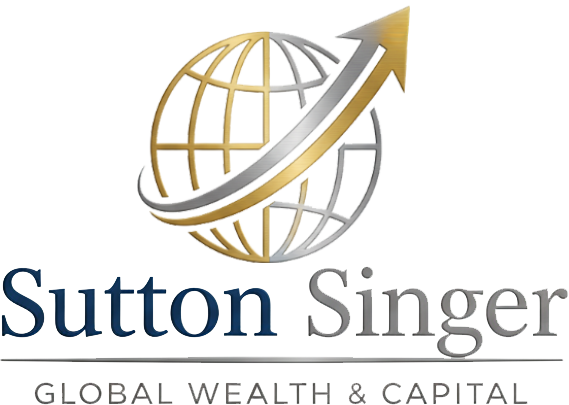For investors seeking opportunities beyond traditional markets, private direct investments can provide unique avenues for growth, diversification, and wealth preservation.


What Are Private Direct Investments?
The Role of Private Equity in a Diversified Portfolio
- Enhanced return potential: Private equity has historically delivered attractive long-term returns, often exceeding those of traditional equities.
- Diversification: Because private assets do not move in lockstep with public markets, they can help reduce overall portfolio volatility.
- Access to innovation: Many high-growth companies remain private for longer, meaning investors in private equity gain exposure earlier in a company’s lifecycle.
- Active value creation: Private equity managers often take a hands-on role, driving operational improvements that can unlock value beyond simple market appreciation.


Alternative Investment Strategies
- Venture Capital
- Seed Capital
- Growth Capital and Private Placements
- Pre-IPO and IPO Opportunities
- Hedge Funds and Other Alternatives
Venture Capital
Venture capital provides funding to young, innovative companies with high growth potential. While the risks are significant (many start-ups fail) the rewards can be substantial when a company succeeds. Venture capital offers investors the chance to participate in transformative technologies and business models at their earliest stages.
Seed Capital
Seed capital is the earliest form of venture investment, providing initial funding to help entrepreneurs move from concept to prototype. These investments are highly speculative but offer outsized return potential for investors willing to accept early-stage risks.
Growth Capital and Private Placements
Growth capital is directed toward more established businesses that need funding to expand, restructure, or enter new markets. Private placements - securities sold directly to a small number of investors rather than through public markets - allow companies to raise capital while offering investors access to negotiated terms and potentially favorable valuations.
Pre-IPO and IPO Opportunities
Pre-IPO investing allows investors to participate before a company goes public, often at valuations lower than those available in the public market. Initial Public Offerings (IPOs), meanwhile, give investors early access to companies as they transition into publicly traded entities. Both opportunities carry risk but can be appealing for those seeking to capitalize on high-profile growth stories.
Hedge Funds and Other Alternatives
While not always categorized strictly as “private equity,” hedge funds and other alternative vehicles often complement private direct investments. Hedge funds may pursue a wide range of strategies - including long/short equity, global macro, and event-driven - that provide diversification and risk management benefits. Other alternatives, such as real assets (infrastructure, private real estate, natural resources), can further broaden exposure and reduce reliance on traditional equities and bonds.

Considerations and Risks
Our Approach

